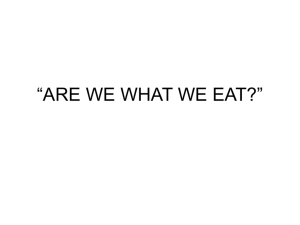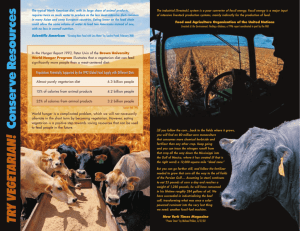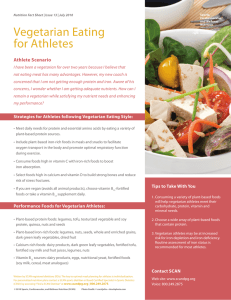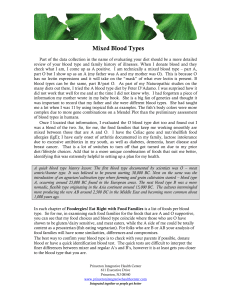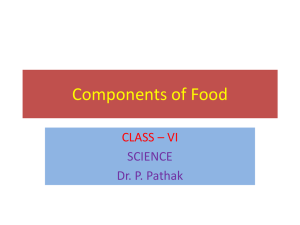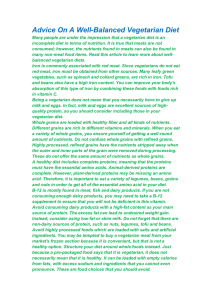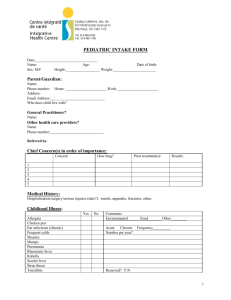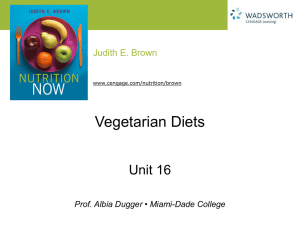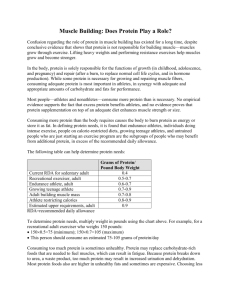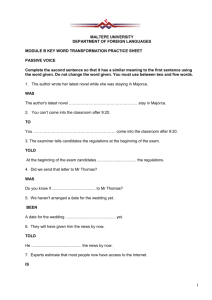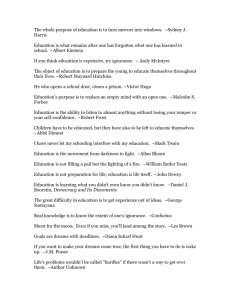Nutrition Vegetarians
advertisement
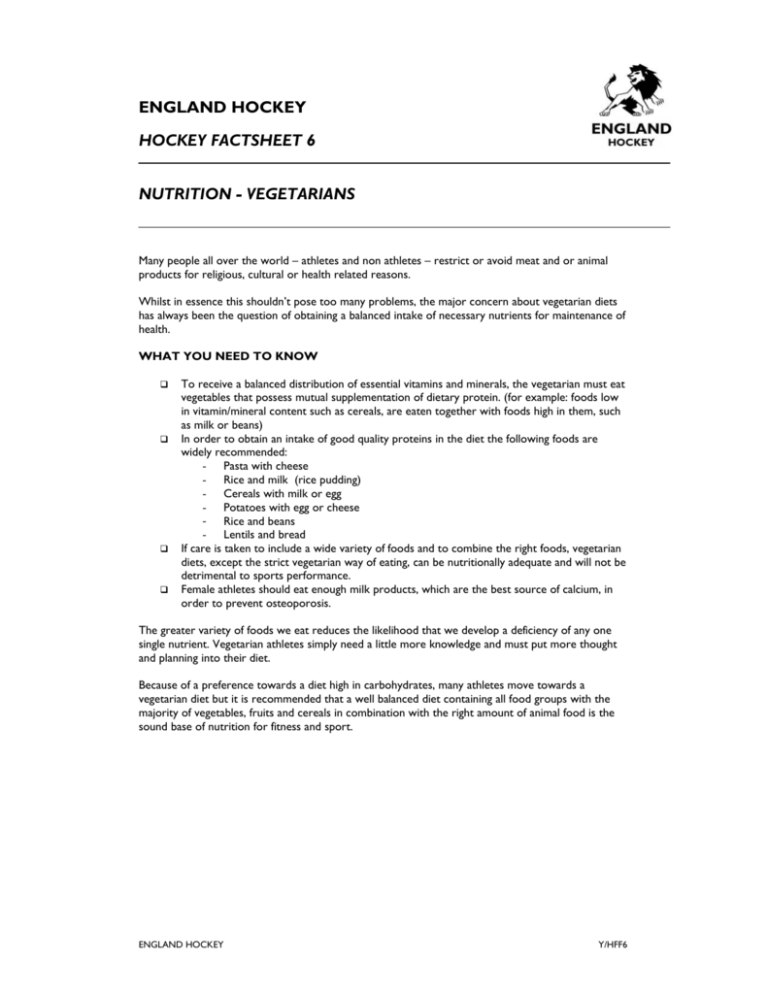
ENGLAND HOCKEY HOCKEY FACTSHEET 6 NUTRITION - VEGETARIANS Many people all over the world – athletes and non athletes – restrict or avoid meat and or animal products for religious, cultural or health related reasons. Whilst in essence this shouldn’t pose too many problems, the major concern about vegetarian diets has always been the question of obtaining a balanced intake of necessary nutrients for maintenance of health. WHAT YOU NEED TO KNOW To receive a balanced distribution of essential vitamins and minerals, the vegetarian must eat vegetables that possess mutual supplementation of dietary protein. (for example: foods low in vitamin/mineral content such as cereals, are eaten together with foods high in them, such as milk or beans) In order to obtain an intake of good quality proteins in the diet the following foods are widely recommended: - Pasta with cheese - Rice and milk (rice pudding) - Cereals with milk or egg - Potatoes with egg or cheese - Rice and beans - Lentils and bread If care is taken to include a wide variety of foods and to combine the right foods, vegetarian diets, except the strict vegetarian way of eating, can be nutritionally adequate and will not be detrimental to sports performance. Female athletes should eat enough milk products, which are the best source of calcium, in order to prevent osteoporosis. The greater variety of foods we eat reduces the likelihood that we develop a deficiency of any one single nutrient. Vegetarian athletes simply need a little more knowledge and must put more thought and planning into their diet. Because of a preference towards a diet high in carbohydrates, many athletes move towards a vegetarian diet but it is recommended that a well balanced diet containing all food groups with the majority of vegetables, fruits and cereals in combination with the right amount of animal food is the sound base of nutrition for fitness and sport. ENGLAND HOCKEY Y/HFF6
